Twój koszyk
Aktualności firmowe
E-Malt news
UK & South Korea: New UK-South Korea deal to benefit exports of Guinness, cars, Scottish salmon
UK: UK brewers facing �heavy headwinds� from increased taxation, other issues
Japan: Kirin set to ramp up beer development via proprietary AI
Norway & Sweden: Olvi Group acquires majority share in Brewery International group
Nasze słody
Nasze chmiele
New Hops
Nasze drożdże
Nasze przyprawy
Nasze cukry
Nasze kapsle
-
 Kapsle 26mm TFS-PVC Free, Red Neu col. 2151 (10000/box)
Dodaj do koszyka
Kapsle 26mm TFS-PVC Free, Red Neu col. 2151 (10000/box)
Dodaj do koszyka
-
 Kegcaps 69 mm, Brown 154 Grundey G-type (850/box)
Dodaj do koszyka
Kegcaps 69 mm, Brown 154 Grundey G-type (850/box)
Dodaj do koszyka
-
 Kegcaps 64 mm, Błękitny 141 Sankey S-type (EU) (1000/box)
Dodaj do koszyka
Kegcaps 64 mm, Błękitny 141 Sankey S-type (EU) (1000/box)
Dodaj do koszyka
-
 CC29mm TFS-PVC Freel, Błękitny without oxygen scav.(7500/box)
Dodaj do koszyka
CC29mm TFS-PVC Freel, Błękitny without oxygen scav.(7500/box)
Dodaj do koszyka
-
 Kegcaps 64 mm, Czerwony 102 Sankey S-type (EU) (1000/box)
Dodaj do koszyka
Kegcaps 64 mm, Czerwony 102 Sankey S-type (EU) (1000/box)
Dodaj do koszyka
Certyfikaty
Sugestia
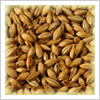 Ethiopia: Lone Malt Factory ceased operations because of barley lack
Ethiopia: Lone Malt Factory ceased operations because of barley lack
Farmers more encouraged by what the market offers for their barley than by what they receive from a factory has led the state owned Assela Malt Factory to cease production for over four months, Addis Fortune reported on January 16. The local brewery industry thus has been forced to depend on imports of malt.
The state owned, lone malt processing industry, Assela Malt Factory, has ceased production as of September 2006, due to farmers in the area who are unwilling to supply the factory barely.
Located in the town of Assela, 167Km southeast of Addis, the factory supplied mainly the state owned breweries. The Factory has the capacity of producing 150,000 quintals of malt that requires an input of 230,000 quintals of barely. When first established in 1984, the Factory was thought to have received its barely supplies from the state owned farms in Arsi and Bale. Economic changes in the early 1990s forced these state farms to switch their main products to wheat, which was believed to have a better market. The Factory had to depend on farmers in the Arsi Zone, Oromia Regional State, for its supplies ever since.
Barely accounts for 13pc of cereals grown in Ethiopia, and it is in the central and southern parts of the country that are known to have high yields of barely production, according to a welfare monitoring survey conducted in 2004, by the Ethiopian Statistics Authority.
Surveys conducted last year by the technical committee on barely production, established under Arsi Zone Research and Extension Advisory Council, farmers in the 23 woredas in Arsi Zone have produced 600,000 quintals of barely. But none of this was supplied to the Factory because what farmers received from the market was much higher than the Factory's 165 Br per quintal.
"Why do I sell to the factory when I can sell my produces for up to 300 Br per quintal," Kedir Ibrahim, a farmer in the Ankello Wabe Woreda said.
Agricultural experts attribute the increase in demand and the price hike on barely to several factors. Tafesse Gebru (PhD), director of the Kulmessa Agricultural Research Centre, in Arsi Zone, believes that there is no shortage in supply, but rather the demand is higher due to the use of barely for homemade beer, a newly developed urban habit in using barely for bread, and most importantly the extensive expansion projects undertaken at all the breweries except Bedelle Brewery, located 483Km west of Addis Abeba, near the town of Jimma.
The five breweries operating in the market have a combined production capacity of 3.5 million hectolitres of beer per year, an amount far from satisfying the growing demand in the market. None of the breweries keep their products in stock; lately the largest market share is believed to have been enjoyed by the BGI Ethiopia, a French interest with breweries in Addis Abeba (St. George) and Kombolcha (Castle). The Brewery, after investing 600 million Br to expand and upgrade these facilities, produces an average of 10 million litres per month, while it has had 380 million Br in sales in 2005/06.
But, the two privately owned breweries, BGI Ethiopia and Dashen, have been compelled to import malt from aboard. The state owned Meta Brewery, located at the outskirts of Addis, suffered the most for it is the largest user of malt, 85,000 quintals per year.
The Malt Factory simply could not keep up-to-speed with these breweries, according to an expert in the brewery industry. Assela, in the mean time, could not even find the 50,000 quintals of barely it needed to set production off. Its attempt in floating a public tender to import barely from Turkey and Ukraine failed due to the company's questionable sample quality, according to Getahun Kassay, general manager of the Factory.
A team chaired by Getahun is now trying to find supply sources from the state farms that produce barely. Last week, this team was negotiating with state farms in Bale, Agarfa, and Ardaita's agricultural training centres and state farms, hoping that it could collect 20,000 quintals from this year's harvest, but unable to meet even 10pc of its annual demand.
All the breweries are now left with no other choice but to import malt from overseas. The three state owned breweries (Meta, Harar and Bedelle) have already floated a public tenders two months ago and have began importing, industry sources disclosed. Although both have yielded an amount of 72,000 quintals, according to Solomon Kebede, general manager of Meta Abo Brewery.
Wstecz






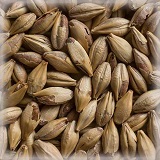










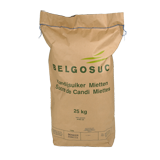
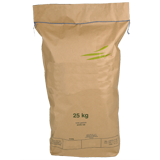
 Malt Attestation of Conformity for pesticides and contaminants 2024 (ENG)
Malt Attestation of Conformity for pesticides and contaminants 2024 (ENG)
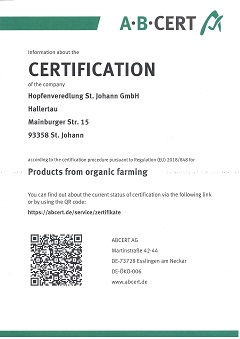 Hops, HVG, Organic Certificate 2024
Hops, HVG, Organic Certificate 2024
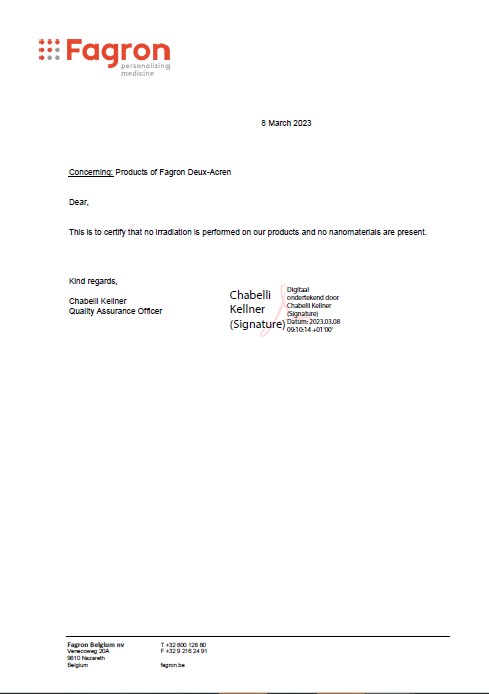 Fagron Spices, Certificate No Irradiation and Nanomaterials 2023
Fagron Spices, Certificate No Irradiation and Nanomaterials 2023
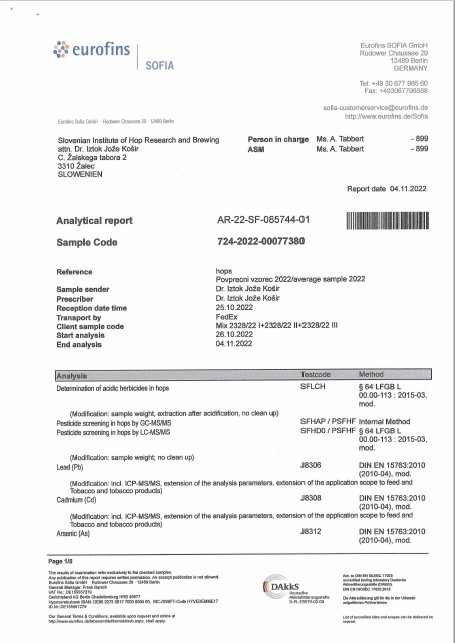 Slovenian hops Pesticide Residues Certificate (Crop 2022)
Slovenian hops Pesticide Residues Certificate (Crop 2022)
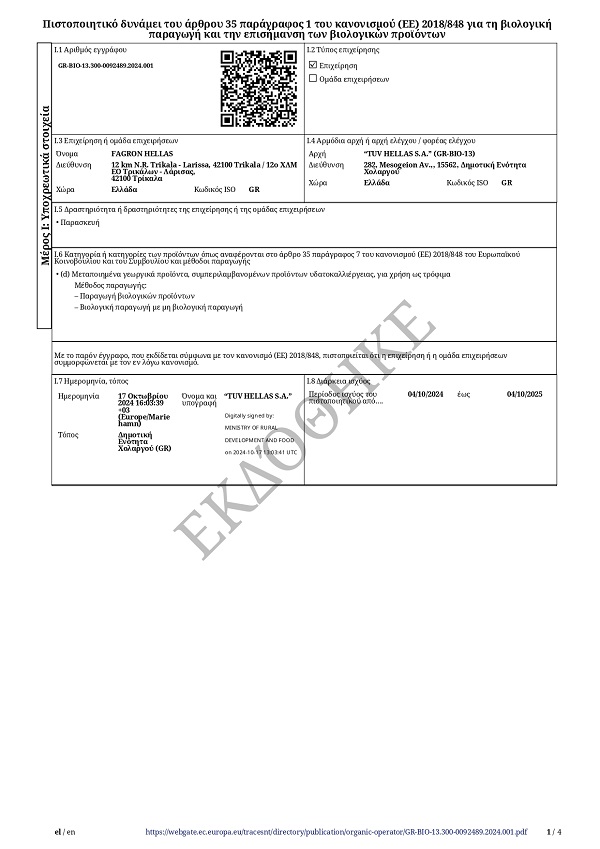 Fagron Spices, Organic Certificate 2024 - 2025
Fagron Spices, Organic Certificate 2024 - 2025






